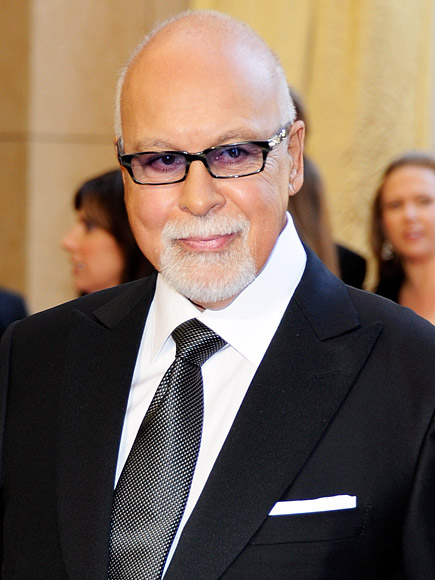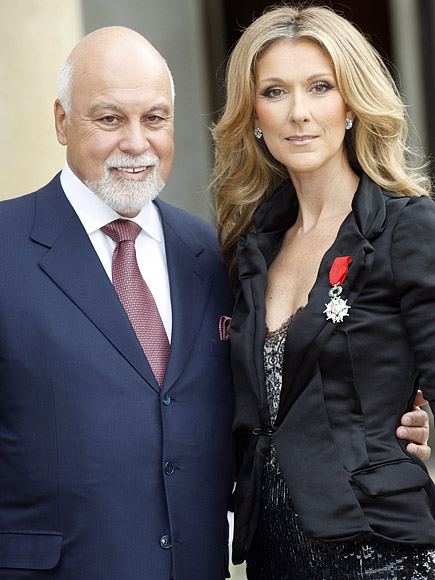Perhaps, because the more vocal sector of Nigeria’s civil society has been co-opted into the ruling All Progressive Congress, APC, Federal Government, there is a creeping danger into Nigeria’s electoral system as President Muhammad Buhari has serially refused to obey the provisions of the 1999 Constitution regarding the composition of the Independent National Electoral Commission, INEC, the same body that was reformed and structured to deliver an election that ironically brought him to power.
In the latest in a long series by Sunday Vanguard, it has been discovered that the Resident Electoral Commissioner, REC, for Kogi State, appointed on December 16, 2010, and whose tenure should have ended on December 16, 2015, is still sitting pretty in office. Either because of an oversight, or a deliberate base appeal to primal and ethane-religious considerations, or both, Hussaini Halilu Pai, is still in office over 39 days after the expiration of his tenure. This, at a time when the statutory 13-member Commission is not in place, leading to half-baked and sometimes confusing policy statements from INEC. This report will show the danger in what President Buhari is doing and why men and women of goodwill must guide him appropriately before Nigeria’s electoral system (of which he is a major beneficiary) is sent to the dogs.
Hussaini Halilu Pai, appointed December 16, 2010, and was expected to have finished his tenure by December 16, 2015, is still in office as Resident Electoral Commissioner, REC, for Kogi State. Mind you, that was the state where the controversial governorship election produced an outcome that has confounded even the 1999 Constitution of the Federal Republic of Nigeria. He hails from the Federal Capital Territory, FCT, Abuja. Vanguard’s Boluwaji Obahopo, correspondent in Kogi State, upon inquiry from Kogi State office of INEC last Friday, confirmed authoritatively that Halilu Pai was still in office operating as REC for Kogi State.
Two others, Dr. Kwanga Godwin M., from Benue State, and Mr. Akinyemi Orebiyi, from Ogun State, who were also appointed on the same date of December 16, 2010, have since left the employ of INEC and moved on.
The question is, why is President Muhammad Buhari still keeping Hallilu Pai in office some 39days since the expiration of his tenure?
Perhaps, it is traditional with the emerging realities of the modus operandi of Mr. President in his appreciation of the fundamentality of the electoral process as a critical bastion of democracy which is expected to lead to good governance.
But as was the case with Madam Amina Zakari, so it is now with Pai today. Another question is, what infraction would President Buhari come up with again, in this macabre appreciation of the real essence of obedience to rule of law?
Many and not a few stakeholders in the politically effervescent Kogi State are wondering – particularly INEC staff – that what started in the national headquarters of INEC Abuja where an “acting Chairman” of INEC was unconstitutionally imposed and continued illegally in office even when her tenure ended on the July 21, 2015, and the National Assembly kept quiet, has now been extended to Kogi State that now has an “acting Rec” on account of the unofficial extension of the Kogi State REC’s tenure, perhaps earned, according to stakeholders, from events arising from the recent inconclusive elections in the state.
This special REC, whose conditions for appointment to the office, as clearly indicated in the Constitution, requires clearly defined consecutive steps beginning at the National Council of State and Senate approval. Consequently, not a few tongues have been kept wagging in speculative anxiety over how the political appointee earned the special treatment and the very first of its kind. Inside sources at the INEC headquarters confirmed that the REC had written a hand-over note just as the then “acting chairperson” also claimed that she was not aware of anything as she was driving home when she received a call to continue in office without due process.
No doubt, the failure of Nigerians to rise up against the first unconstitutional retention of a National Commissioner as an “Acting chairperson” of the electoral commission despite the attrition of her tenure of office, has now been taken to the states starting with Kogi.
Insiders in INEC say that what is happening in Kogi with a REC whose tenure had ended but is still staying in office could not have happened under the leadership of Professor Attahiru Jega who could not be ordered by any authority to allow someone whose tenure had ended to remain in office in violation of the five-year tenure.
A senior official of INEC in Abuja revealed further that were it to be under the regime of Jega, a letter of notice would have long been written to the REC to hand-over to the Administrative Secretary but that “right now nobody could be sure of independence of the commission”.
Regrettably, the National Assembly since the inception of this administration, has been silent on the many unconstitutional acts with respect to INEC.
It was pointed out by those who make such allusions that the former “acting Chairperson “ of INEC Mrs Amina Zakari, worked in legal limbo, because she did not have a constitutionally defined mandate until she was recently re-appointed.
Observers of the electoral arena find such constitutional breaches deeply disturbing because under a very contested political atmosphere, constitutional breaches are grave impeachable offences and can be destabilising for political development. The current government has been plagued by several constitutional missteps regarding INEC, apart from the unguarded removal of an acting “chairperson” as determined by the autonomous decisions of the Commission, the President then allowed the Commission to function with just seven individulas without the defined constitutional board of 13 members and perpetuated this state of affairs till date, making all actions and decisions of the Commission susceptible to legal challenges.
In the same vein, well over 20 states according to sources in INEC, have no RECs yet to be appointed.
COMPOSITION OF INEC BOARD STILL INCONCLUSIVE
The government’s early constitutional breaches when it had not appointed Attorney General were somewhat attributed to that void but since that office now has a Senior Advocate of Nigeria, SAN, as the chief legal officer of the country, how do we explain what is going on now in INEC where seven Nigerians are now running the affairs of a constitutionally provided 13-man board from which a quorum of 5 minimum members can sit to take decisions on election matters.
If section 159 of the constitution says one third of a full board of 13 – which a Federal High Court had declared to be 5, the question then is, does one third of the current seven INEC commissioners as configured, give us five members?
Therefore, why is it that the AGF is not giving the president an unimpeachable counsel on the implications of such constitutional breaches, particularly in an atmosphere of internal and external political rancour surrounding the APC government.
The APC, which is a merged party with many internal tensions and clear obvious external tension from an opposition party that is struggling to retain its political relevance, cannot afford the luxury of constitutional violations as this is a dangerous weapon in the hands of its opponents.
INEC is one of the areas where the APC government has however continued to portray itself as inelegant in abiding by statutes and regulation.
For instance, it took the spooking reminder of a various editions of Sunday Vanguard and that of a SAN, Barr. Femi Falana, to inform the government that a subsisting court order required INEC to have its full complement of board members in order to legally conduct elections.
However – and embarrassingly so – the government only made minimalist gestures in addressing the matter by appointing an incomplete board to conduct the affairs of the Commission.
And even at that, Sunday Vanguard discovered that there was no proper background check on two of the commissioners in the light of paragraph 14(2) of the constitution.
SOURCE: Vanguardngr
















